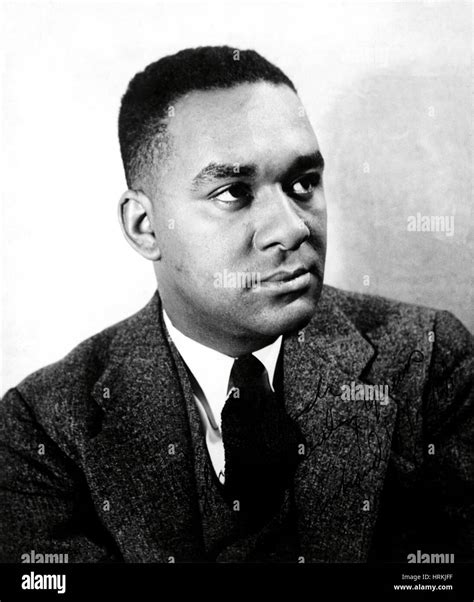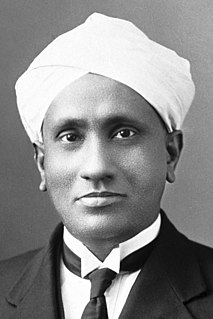A Quote by Richard E. Blackwelder
The study of taxonomy in its broadest sense is probably the oldest branch of biology or natural history as well as the basis for all the other branches, since the first step in obtaining any knowledge of things about us is to discriminate between them and to learn to recognize them.
Related Quotes
There is nothing so charming as the knowledge of literature; of that branch of literature, I mean, which enables us to discover the infinity of things, the immensity of Nature, the heavens, the earth, and the seas; this is that branch which has taught us religion, moderation, magnanimity, and that has rescued the soul from obscurity; to make her see all things above and below, first and last, and between both; it is this that furnishes us wherewith to live well and happily, and guides us to pass our lives without displeasure and without offence.
As words are not the things we speak about, and structure is the only link between them, structure becomes the only content of knowledge. If we gamble on verbal structures that have no observable empirical structures, such gambling can never give us any structural information about the world. Therefore such verbal structures are structurally obsolete, and if we believe in them, they induce delusions or other semantic disturbances.
Taxonomy (the science of classification) is often undervalued as a glorified form of filing-with each species in its folder, like a stamp in its prescribed place in an album; but taxonomy is a fundamental and dynamic science, dedicated to exploring the causes of relationships and similarities among organisms. Classifications are theories about the basis of natural order, not dull catalogues compiled only to avoid chaos.
I feel that all knowledge should be in the free-trade zone. Your knowledge, my knowledge, everybody's knowledge should be made use of. I think people who refuse to use other people's knowledge are making a big mistake. Those who refuse to share their knowledge with other people are making a great mistake, because we need it all. I don't have any problem about ideas I got from other people. If I find them useful, I'll just ease them right in and make them my own.
[Theodore Roosevelt] was a naturalist on the broadest grounds, uniting much technical knowledge with knowledge of the daily lives and habits of all forms of wild life. He probably knew tenfold more natural history than all the presidents who had preceded him, and, I think one is safe in saying, more human history also.
Game theory is a branch of, originally, applied mathematics, used mostly in economics and political science, a little bit in biology, that gives us a mathematical taxonomy of social life, and it predicts what people are likely to do and believe others will do in cases where everyone's actions affect everyone else.
Early ecologists soon realised that, since humans are organisms, ecology should include the study of the relationship between humans and the rest of the biosphere. ... We don't often tend to think about the social sciences (history, economics and politics) as subcategories of ecology. But since people are organisms, it is apparent that we must first understand the principles of ecology if we are to make sense of the events in the human world.



































